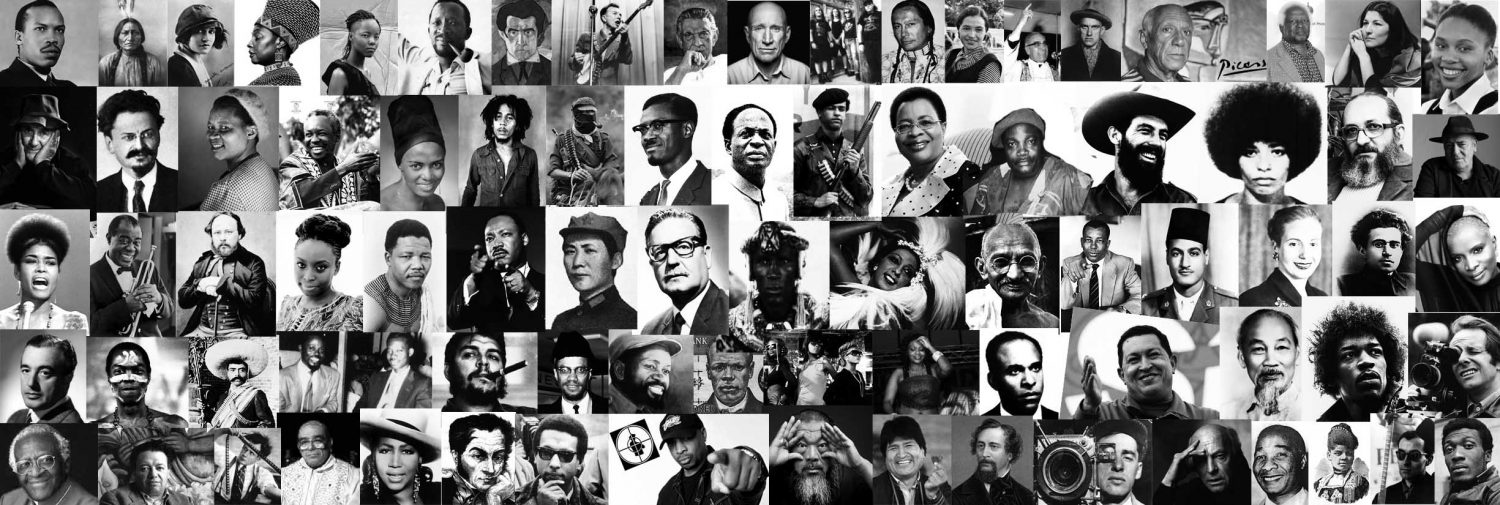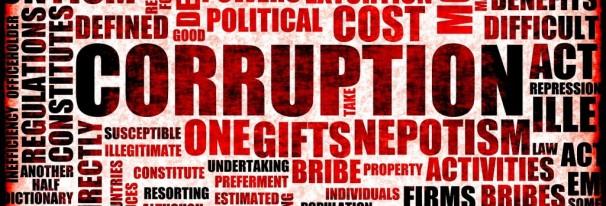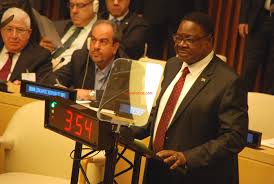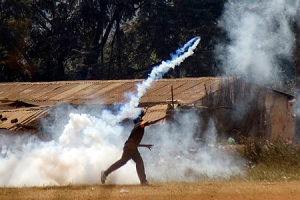A few weeks ago I wrote that The DPP/Mutharika government is without direction. Now it seems to come clear on direction, but only on strategy, not on content. This is worrying, especially because the strategy does not look good. We still have no idea which direction the Mutharika administration wants to take the country. Do they want more government interference in the economy or less? Do they want to continue with the expensive fertilizer subsidy? Do they want to carry out their election promise of subsidizing iron sheets and cement? Where are they going to find the money, now that they are not successful in roping in donor funds? How are they going to deal with rapid inflation, and the kwacha loosing value against major international currencies? How are they going to deal with rising insecurity now that it is crystal clear that their street sweeping exercises have only targeted petty crime and not the violent burglaries we are sighing under (we includes the Veep and a government minister!)? No answers.
What the President is doing is: roping in critics by giving them lucrative appointments. This shows that Mutharika has no content to offer. He should be listening to justified criticism and act on it, and clearly explain why he dismisses other criticism. He should not be pushing criticism aside and try to buy off the critics. What he does not understand, or does not care about is: there will always be new critics if the policy is not good. Maybe he does not care, and he may just be looking for a temporary solution, while enjoying the benefits of the Presidency. Or he is clueless on what policy means, and what the responsibilities of a president in a democracy is.
Another try at appeasing critics: Mutharika would be feting a group of journalists at Sanjika Palace. We are all curious to know what he would have said, but the meeting is cancelled or postponed. We may not conclude this has something to do with the announcement on online media that the journalists are going to address the issue of the “access to information” bill, that has been postponed by successive governments year after year. Also they would have tabled the Table Mountain Declaration, which would have improved media freedom in the realm of criticism of the President. At the same time he is firing warning shots towards NGOs: Kaliati came with threats that remind us of the darkest days of the Presidency of Mutharika the elder, the illustrious Bingu, known for his :I will meet you in the streets!” like comments on critics. Kaliati wants NGOs to be accountable. Which was exactly the reaction of the Bingu government when NGOs were taking him to task over his autocratic tendencies and economic mismanagement. But it had taken Bingu around 6 years to sink so low. Now Arthur Peter Mutharika is coming this far in only a few months. The big question remains: WHICH DIRECTION ARE YOU TAKING THE COUNTRY YOUR EXCELLENCY?








